In this day and age people are always looking for healthy alternatives to high-calorie foods, and unfortunately, they usually turned to processed food products. Most of these so called healthy alternatives are actually quite unhealthy, and here we are going to talk about 7 of these food products.
Yogurt
While yogurt is undoubtedly an excellent source of calcium and vitamin D, most of the brands out there are packed with calories. When you are buying yogurt, make sure you to stick with low-fat varieties. If you want flavored yogurt, you can add fruits, honey and syrup yourself to plain yogurt instead of buying the processed variety.
Protein Bars
Typically speaking, protein bars are packed with vitamins and of course, proteins, but they also contain more fats and carbohydrates than a brownie. If you are looking for healthy protein sources you should stick to lean meat and fish. Grains and beans are also good sources, without the unhealthy fats and carbs.
Sushi Rolls
Suchi rolls might look small but make no mistake, they are loaded with calories. If you decide to snack on these, you are effectively taking in close to 500 calories per roll. Ingredients like cream cheese, mayo sauce and tempura are the major culprits and if you can, try to avoid sushi rolls including these.
Dried Fruit
Dried fruit surely tastes nice and makes for an excellent snack in winters, but you are going to be consuming a lot of calories even with a moderate intake. Dried fruits are essentially drained of water and as a result, are densely packed. A healthy alternative would be fresh fruit, which has considerably less calories and more fluids to keep you feeling full for longer.
Turkey Meat Burger
Turkey burgers are not much better compared to any other meat variety. A typical turkey burger from a restaurant packs a whopping 600 calories, not considering the toppings etc. Instead of choosing a different meat type, you should either split your burger or make portions of it to eat later.
Margarine
People commonly believe margarine is a better alternative to butter, which can’t be further from the truth. The artificial alternative has more trans-fat, which is responsible for lowering your HDL cholesterol and increasing your LDL cholesterol levels. This can, in the long-run, be a contributing factor to heart disease, and it is recommended that you stick to real butter and choose low-calorie varieties.
Fat-Free Salad Dressing
While it may sound like a healthy alternative, fat-free salad dressing is often loaded with sodium, which will spike your blood pressure. Just two tablespoons of most fat-free salad dressings can make up for 1/3 of your recommended sodium intake, which is definitely not healthy.
Images courtesy:gizmodo.com
tabletmag.com
gawkerassets.com
foodswallpaper.com

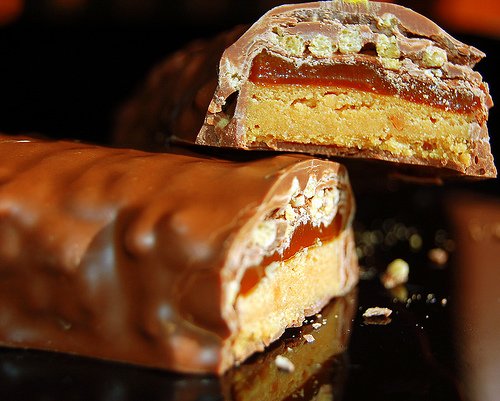
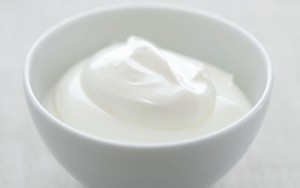
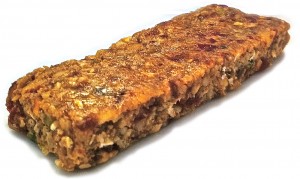
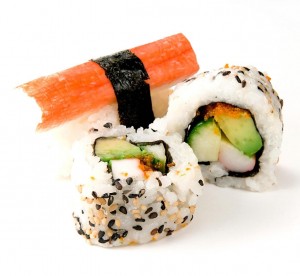
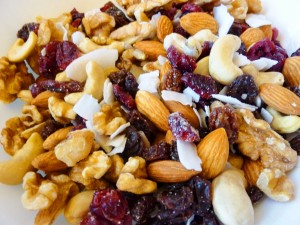
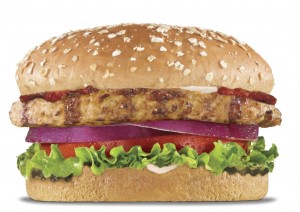

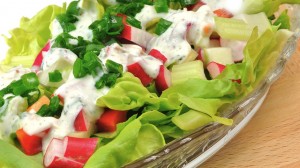
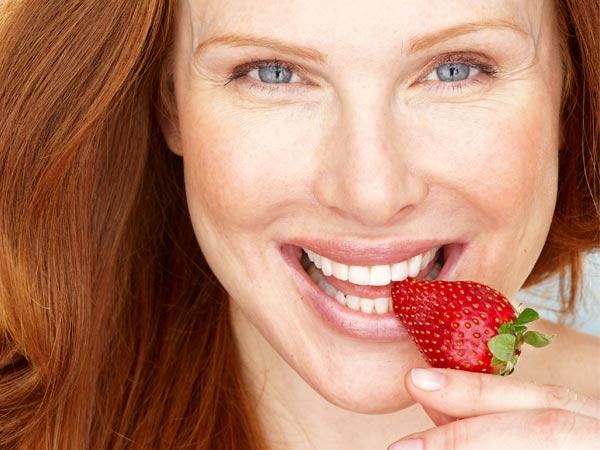
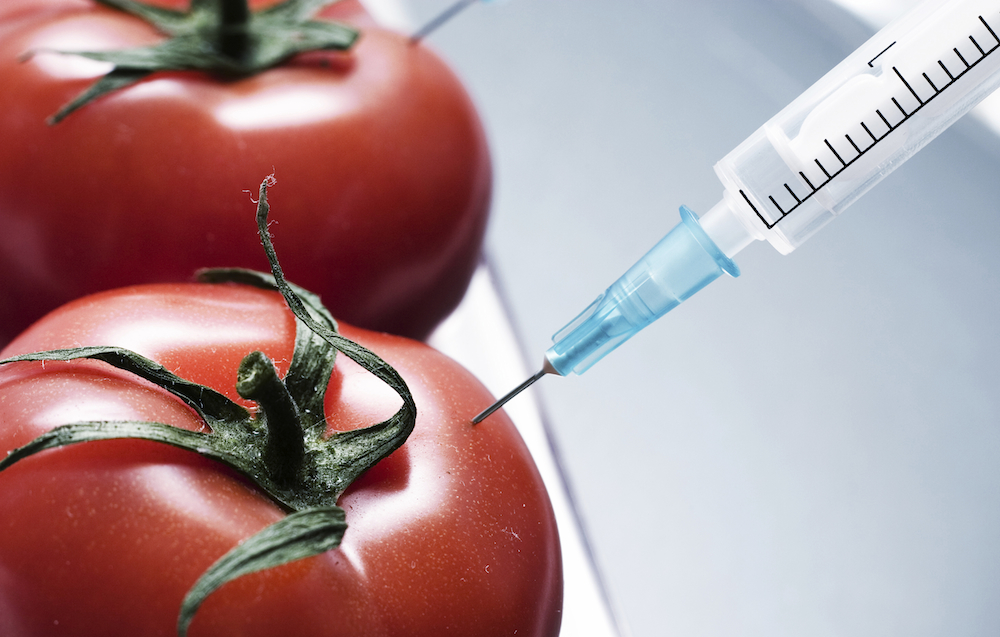
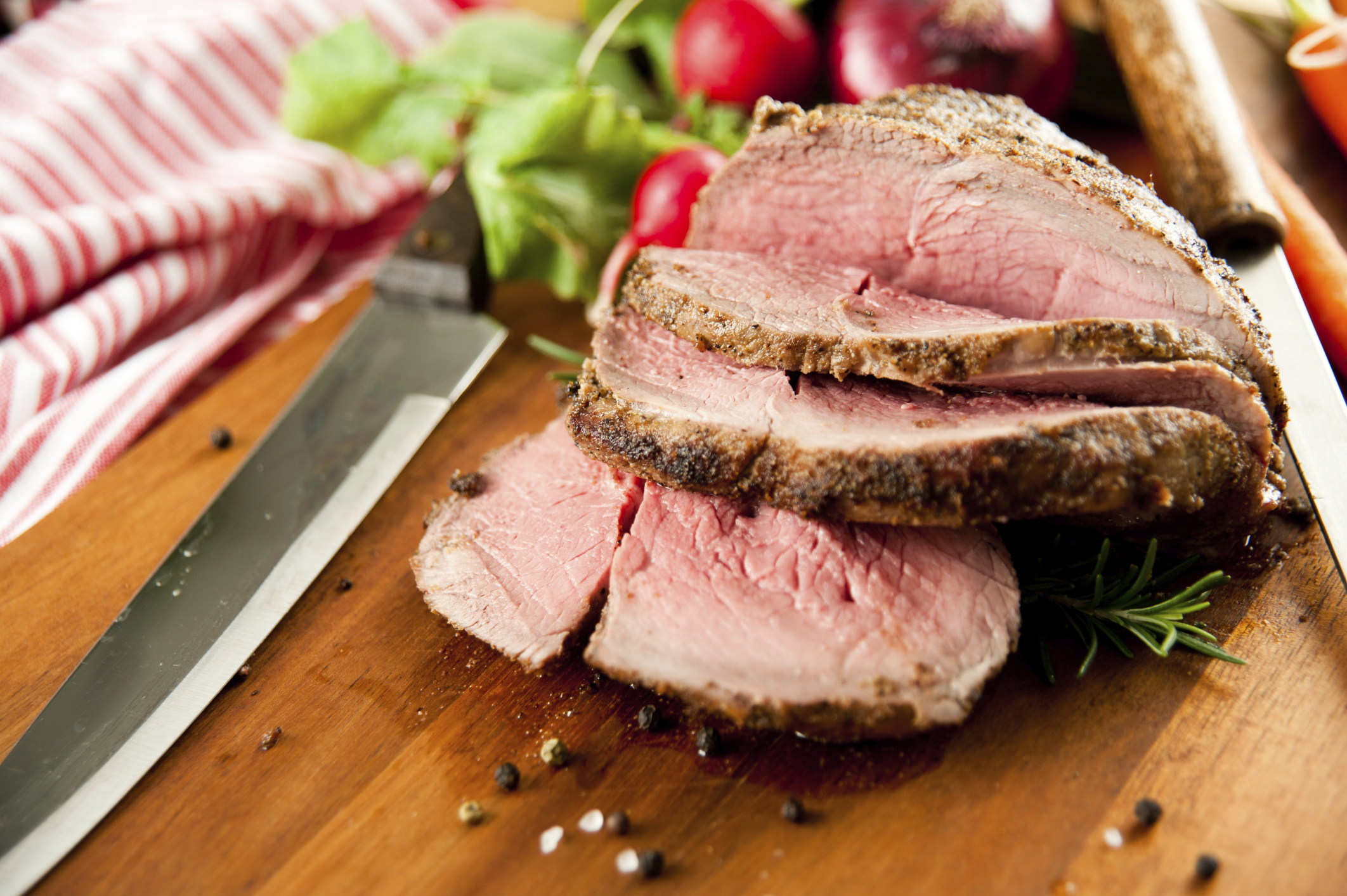
No Comment